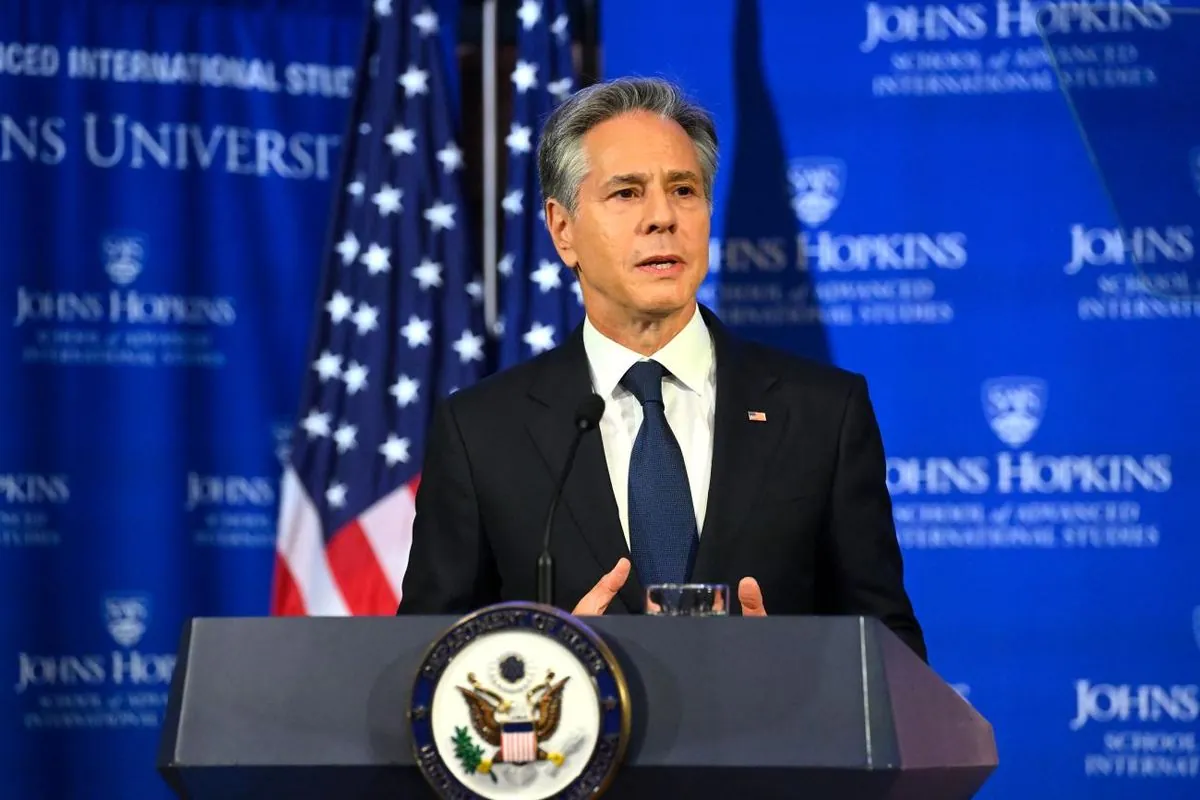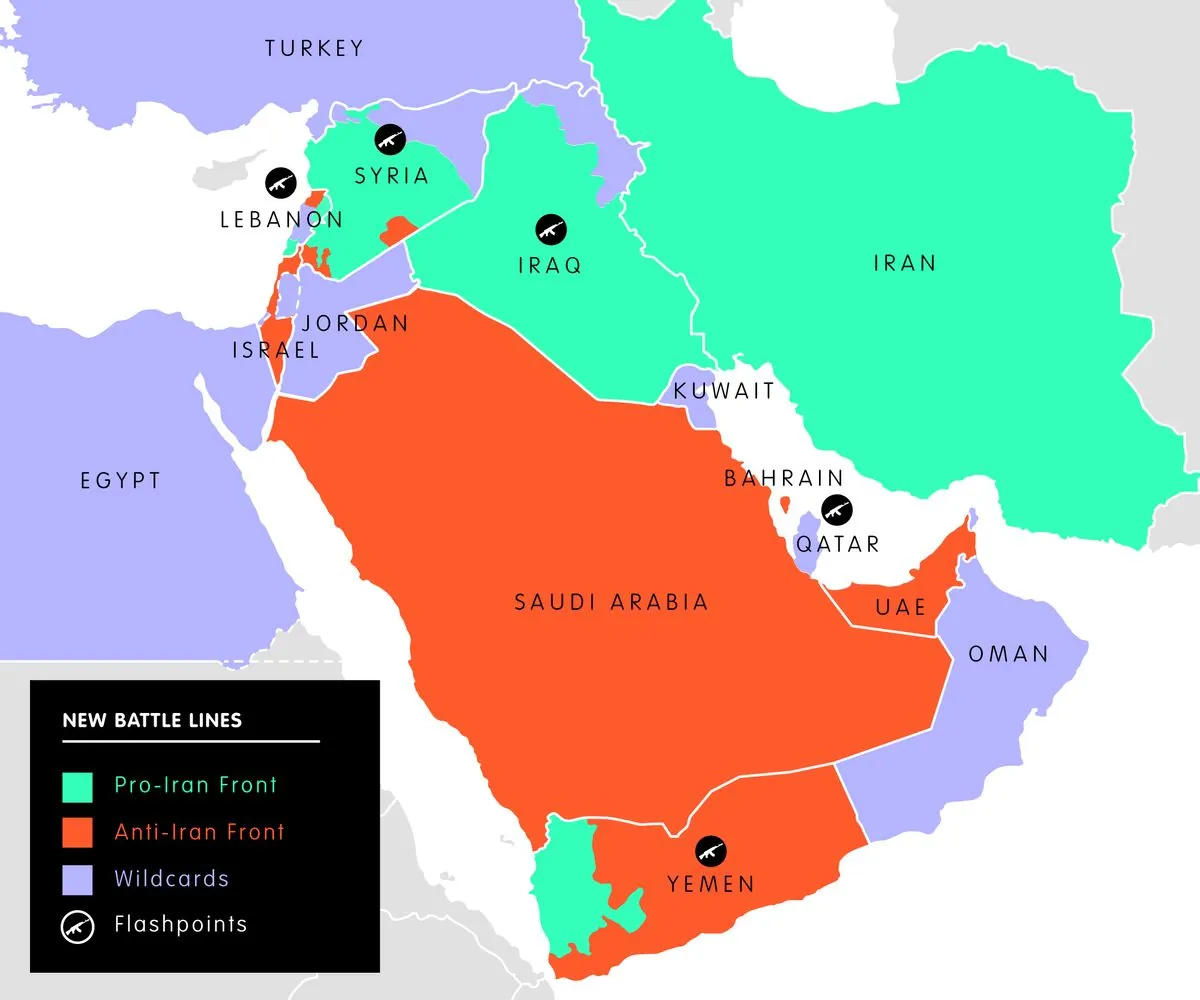US Urges De-escalation in Middle East Amid Rising Tensions
US Secretary of State Blinken calls for calm in the Middle East, emphasizing the need for a Gaza ceasefire. Recent militant leader killings raise concerns of broader conflict escalation.

In a recent diplomatic effort to address escalating tensions in the Middle East, Antony Blinken, the US Secretary of State, engaged in a crucial phone conversation with Israeli Defense Minister Yoav Gallant. The call, which took place on August 4, 2024, focused on the urgent need for de-escalation and a ceasefire in Gaza.
The dialogue between Blinken and Gallant comes at a critical juncture, as the region grapples with heightened risks of a broader conflict. Recent events, including the deaths of prominent militant leaders, have exacerbated concerns about potential retaliation and further violence.

The ongoing Israel-Gaza conflict, which began on October 7, 2023, has resulted in significant casualties and a dire humanitarian crisis. According to the Gaza health ministry, the Israeli military response has led to nearly 40,000 Palestinian fatalities and displaced almost the entire population of 2.3 million in Gaza. The conflict's origins can be traced back to the early 20th century, with the Israel-Palestine dispute remaining one of the world's most enduring geopolitical challenges.
During the call, Blinken reaffirmed the United States' unwavering commitment to Israel's security while emphasizing that escalation serves no party's interests. This stance aligns with the long-standing role of the US as a key mediator in Israeli-Palestinian peace efforts, a position it has held for decades.
"The Secretary reaffirmed the United States' ironclad commitment to Israel's security and discussed how escalation is in no party's interest."
The conversation also highlighted the pressing need for a ceasefire in Gaza, which could facilitate the release of hostages and pave the way for broader regional stability. This push for peace comes in the wake of President Joe Biden's three-phase ceasefire proposal, announced on May 31, 2024.
The current situation in Gaza is particularly dire, given that it has one of the highest population densities in the world. The Israeli-Egyptian blockade, in place since 2007, has further complicated humanitarian efforts in the region.
As tensions continue to simmer, the international community remains focused on finding a sustainable solution to the conflict. The United Nations has repeatedly called for a two-state solution, while initiatives like the Oslo Accords in 1993 and the more recent Abraham Accords in 2020 have sought to foster peace and normalize relations in the region.
The ongoing efforts to broker a ceasefire and address the humanitarian crisis in Gaza underscore the complex nature of the conflict and the challenges facing diplomatic initiatives in the Middle East. As the situation evolves, the world watches closely, hoping for a peaceful resolution to this protracted and deeply rooted dispute.


































